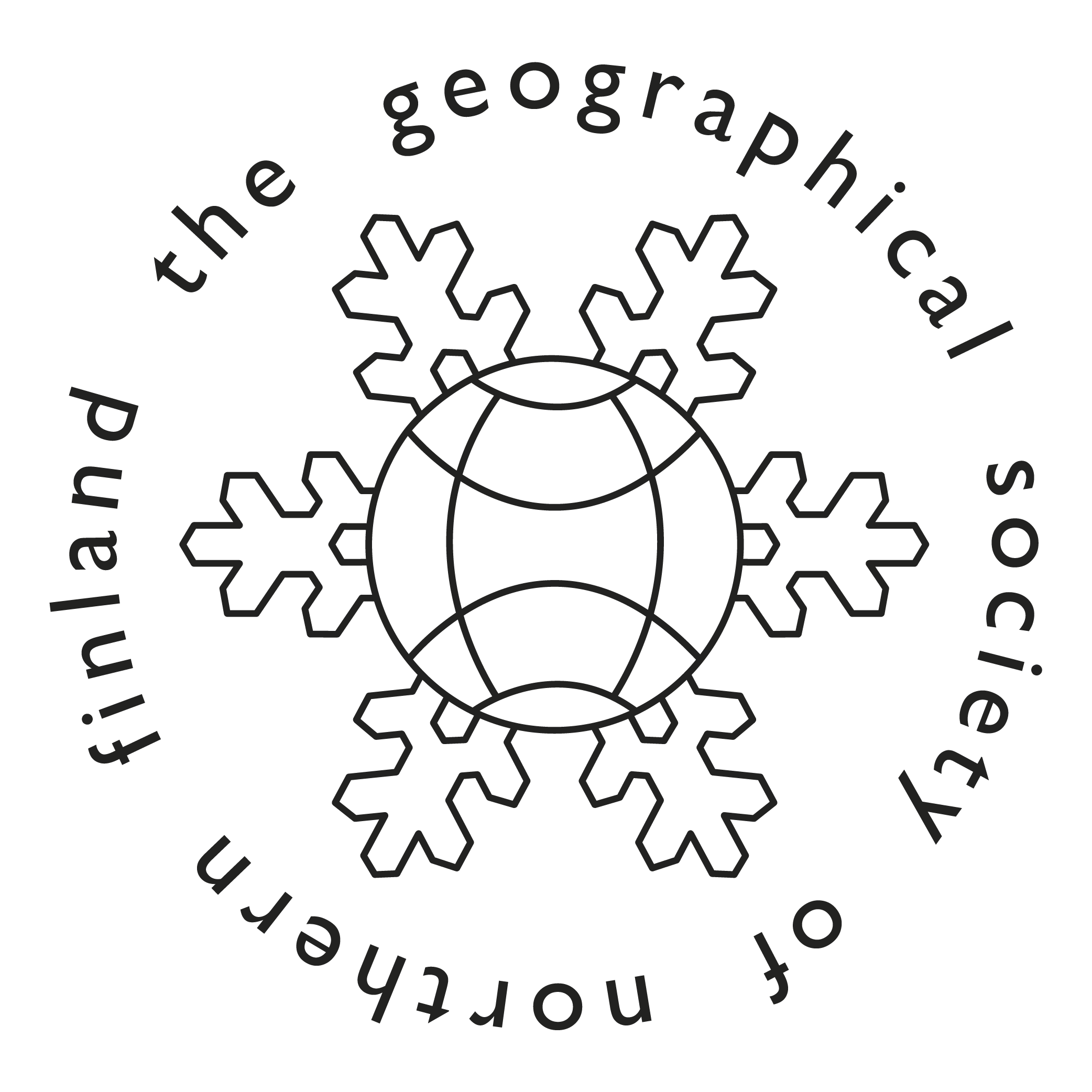Tourism, Resilience, and Gender Relations: The Role of Tourism in Socio-Political Transformation in Iran
DOI:
https://doi.org/10.30671/nordia.176946Abstrakti
Tourism is widely recognized for its economic and developmental potential, but its capacity to facilitate socio-political transformation, particularly in authoritarian and theocratic contexts, remains relatively underexamined. This thesis focuses on the role of tourism in such transformation, analyzing how it interacts with state ideology that regulates bodily autonomy, mobility, gender roles, and public behavior. In these settings, tourism can create subtle spaces for negotiation, adaptation, and the quiet reordering of norms. This study examines how tourism contributes to socio-political, cultural, and gendered transformations through the frameworks of evolutionary economic geography and resilience thinking. The analysis is based on three months of ethnographic fieldwork conducted on Qeshm and Hormuz islands in Iran, utilizing participant observation and semi-structured interviews.
Findings reveal that tourism can reconfigure both vertical (state–society) and horizontal (intra-community) power relations. Tourism helps women and youth to gain visibility, economic independence, and new forms of social legitimacy by creating gray zones where social norms can be contested without direct confrontation. Local inhabitants, particularly women, use the emergence of tourism as tool for direct income, reclaim public space, and challenge traditional gender power relations. The study demonstrates that resilience in these settings involves not only adaptation but also transformation, enabling communities to shape new socio-economic and cultural equilibria.
The thesis offers several theoretical contributions. It aims to advance evolutionary economic geography by proposing path inclusivity as a critical dimension of regional development. By focusing on transformative resilience, this thesis seeks to reframe resilience as a political force capable of reshaping both ideological constraints and social hierarchies. The study also aims to expand cultural resilience discourse, and at the same time conceptualizes co-created authenticity to describe how cultural expressions emerge through dialogical interaction between locals and tourists. The research, therefore, positions tourism as a space of social transformation and contributes to broader debates on power, culture, and agency by showing how tourism-induced change, though incremental and uneven, can erode ideological controls and support gradual, culturally grounded shifts toward gender equality and social change.

Tiedostolataukset
Julkaistu
Numero
Osasto
Lisenssi
Copyright (c) 2025 Adel Nikjoo

Tämä työ on lisensoitu Creative Commons Nimeä-EiKaupallinen-EiMuutoksia 4.0 Kansainvälinen Julkinen -lisenssillä.






